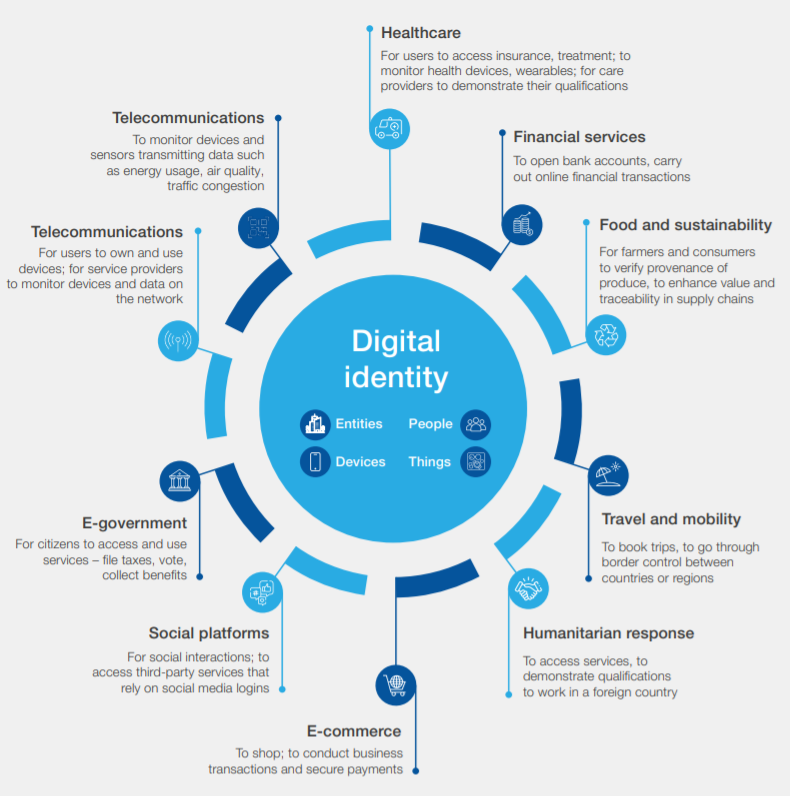The EU Commission has repeatedly stated that EU citizens will not face discrimination or exclusion for not using its new digital identity wallet. However, the Greek government just signaled its intent to do just that.
Unbeknown to most EU citizens, digital identity is now a legal reality across the 27-nation bloc. On February 28, the European Parliament gave its final approval to the European Commission’s Digital Identity Regulation with a comfortable majority of 335 votes to 190, with 31 abstentions. The EU Council of Ministers gave its blessing on March 26. According to the Commission, the next step will be its publication in the Official Journal and its entry into force 20 days later, which by my calculations will be in just three days’ time.
The EU regulation obliges all member states to make a digital identity wallet available to every citizen who wants one. That is how the new system is currently being marketed — as an optional extra for citizens who want to avail of its many benefits. The wallet can be used to store people’s surnames, first names, dates and place of birth, gender, or nationality as well as enable Europeans to identify themselves online. Its touted benefits include making it easier to access public and private-sector services across EU borders, helping to streamline bureaucracy and reduce the risks of digital fraud and other forms of cyber crime.
This, one might think, would be a big news story given the potential of digital identity to transform, for better or worse (my money’s certainly on the latter), myriad aspects of EU citizens’ lives. Yet it has been met by a wall of silence in both the mainstream and social media. As I noted in my 2022 book Scanned, once digital ID systems are established mission creep is all but guaranteed. Don’t take my word for it; take that of the part state-owned French defense contractor Thales Group, a company that derives most of its profits from weapons and war but is also one of the leading forces behind the development of digital identity programs worldwide, including the EU’s:
Thales Group laid it out in an internal blog authored by its head of digital identity services portfolio, Kristel Teyras.
The ambition is huge; both in terms of scale — as it applies to al EU member states — and also in the power it would grant to citizens throughout the Bloc. For the first time, citizens would be able to use a European digital identity wallet, from their phone, that would give them access to services in any region across Europe.
Note Teyras’ use of the verb “would be able to” in the second sentence. As German financial journalist Norbert Häring points out, “if we want to remove the gloss… we would only have to replace ‘be able to’ with ‘have to.’´”
“That sounds a lot scarier, doesn’t it,” asks Häring.
As the following infographic from the World Economic Forum shows, a full-fledged digital identity system, as currently conceived, could end up touching just about every aspect of our lives, from our health (including the vaccines we are supposed to receive) to our money (particularly once central bank digital currencies are rolled out), to our business activities, our private and public communications, the information we are able to access, our dealings with government, the food we eat and the goods we buy. It could also offer governments and the companies they partner with unprecedented levels of surveillance and control powers.

Voluntary or Not?
In a 2018 report on digital IDs, the WEF admitted that while verifiable digital identities “create new markets and business lines” for companies, especially those in the tech industry that help to operate the ID systems while no doubt vacuuming up the data, for individuals they “open up (or close off) the digital world with its jobs, political activities, education, financial services, healthcare and more.” It is the part in brackets — the “closing off” of the digital (and to a certain extent, the analog) realm — that should trouble us all…
Read the full article on Naked Capitalism